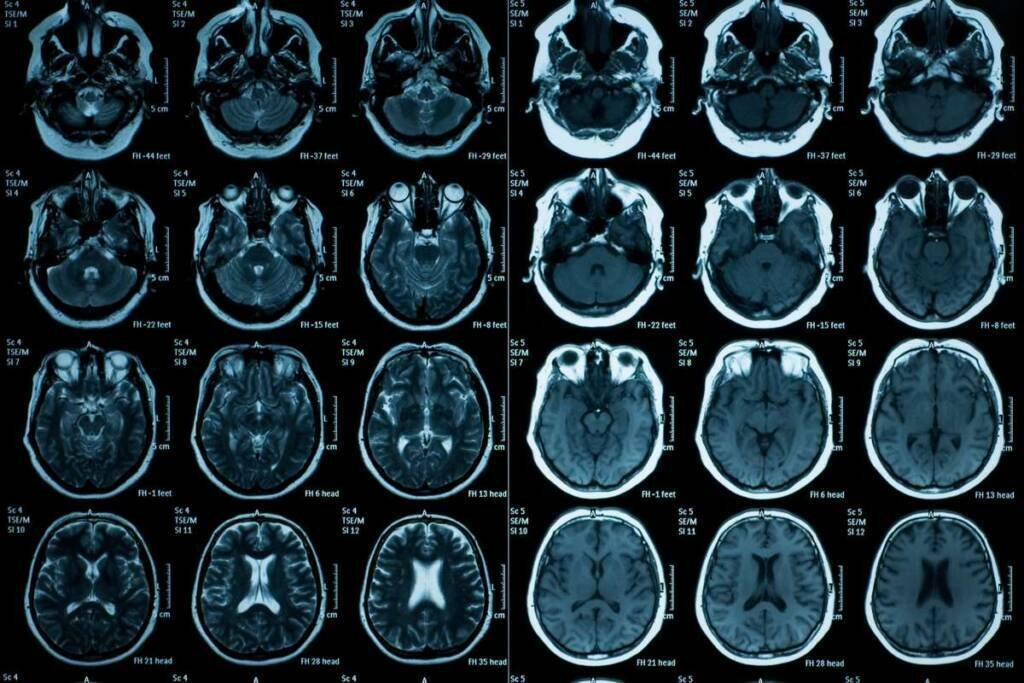A new horizon gleams for Bayer’s quest to conquer Parkinson’s disease through advanced cell therapy. In a significant revelation, the German pharmaceutical titan has delved deeper into the phase 1 data of its groundbreaking stem-cell-derived therapy named bemdaneprocel. Developed under the wings of Bayer’s subsidiary, BlueRock Therapeutics, this therapy has taken a vital stride by conclusively meeting its critical safety benchmarks.
The journey of bemdaneprocel commenced with a phase 1 trial in 2021, aiming to assess the safety and tolerability of surgically implanting dopamine-producing cells into the brains of 12 Parkinson’s patients. The trial’s focal points were the occurrence of serious adverse events and any abnormal tissue overgrowth over the year following transplantation.
“We are on a mission to harness the power of cell therapy with the aim to help people with Parkinson’s disease regain control of their lives by restoring the functions that they have lost to this disease. The safety profile of bemdaneprocel was encouraging along with early evidence of cell survival and engraftment, marking a very important step in the development of a potential new therapy for patients with this disease. These topline data provide a strong rationale for initiating the next phase study, and we look forward to advancing this clinical program.”
– Ahmed Enayetallah, Senior Vice President and Head of Development, BlueRock Therapeutics
Early glimpses from the study had already offered optimism, with Bayer indicating in June that the preliminary data suggested the safety of bemdaneprocel. Now, the company has solidified its stance by confirming that the trial successfully achieved its primary objective—demonstrating safety and tolerability across all 12 participants.
As the curtain rises on the next act, Bayer’s Head of R&D, Christian Rommel, reveals that the company is preparing to embark on a phase 2 study for bemdaneprocel, with a renewed focus on enhancing the robustness of the data.
The unveiled data paints a compelling picture of progress. Patients receiving the higher dose of 2.7 million cells witnessed a remarkable improvement of 2.16 hours in their daily “on” state—characterized by controlled Parkinson’s symptoms, free from involuntary movements known as dyskinesia. Furthermore, time spent in the “off” state—where symptoms exacerbate—decreased by 1.91 hours each day.
Those who received the lower dose of 0.9 million cells also experienced an enhancement, albeit to a lesser degree. Their “on” state saw a 0.72-hour increase, while their “off” state saw a 0.75-hour reduction, as explained by Bayer.
Additional insights from PET imaging scans revealed the survival of engrafted cells in both low- and high-dose cohorts. The trial’s pursuit of assessing a change in motor function also unveiled its rewards, with the high-dose cohort showing superior improvement.
“At Bayer, we are committed to advancing cell and gene therapy innovations for patients with Parkinson’s disease, a neurodegenerative disorder with debilitating effects on people’s lives for which there is currently no cure and only limited treatment options. The positive outcome of our first cell therapy clinical trial for Parkinson’s is encouraging not only for the bemdaneprocel development program but also our entire pluripotent stem cell-based platform and warrants further investigation in larger groups of patients.”
– Christian Rommel, Member of the Executive Committee of Bayer’s Pharmaceuticals Division and Head of Research and Development
Notably, the data stood untainted by serious adverse events (SAEs) associated with bemdaneprocel over the 12-month period. The few reported incidents included a seizure linked to the surgical procedure itself and a case of COVID-19.
Amid the intricate surgical administration required by bemdaneprocel, Rommel dispelled concerns that the complex procedure might hinder patient acceptance should the therapy secure approval.
Bayer’s alliance with Versant Ventures in 2016 laid the foundation for BlueRock Therapeutics, envisioning pluripotent-stem-cell-based platforms to address unmet medical needs. A strategic move saw Bayer acquiring BlueRock for $240 million, cementing its role as a cornerstone of Bayer’s evolving cell and gene therapy strategy.
As the medical landscape transforms with breakthroughs like bemdaneprocel, Bayer’s innovative journey stands not just as a triumph for Parkinson’s treatment but also as a beacon of medical potential awaiting discovery.





























